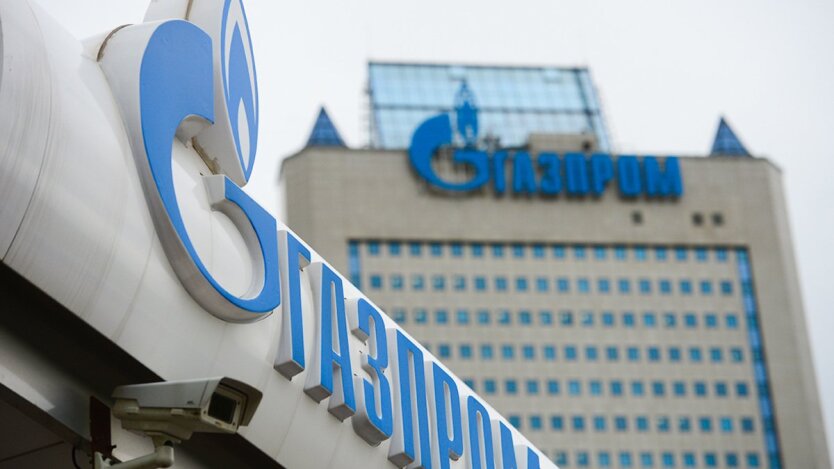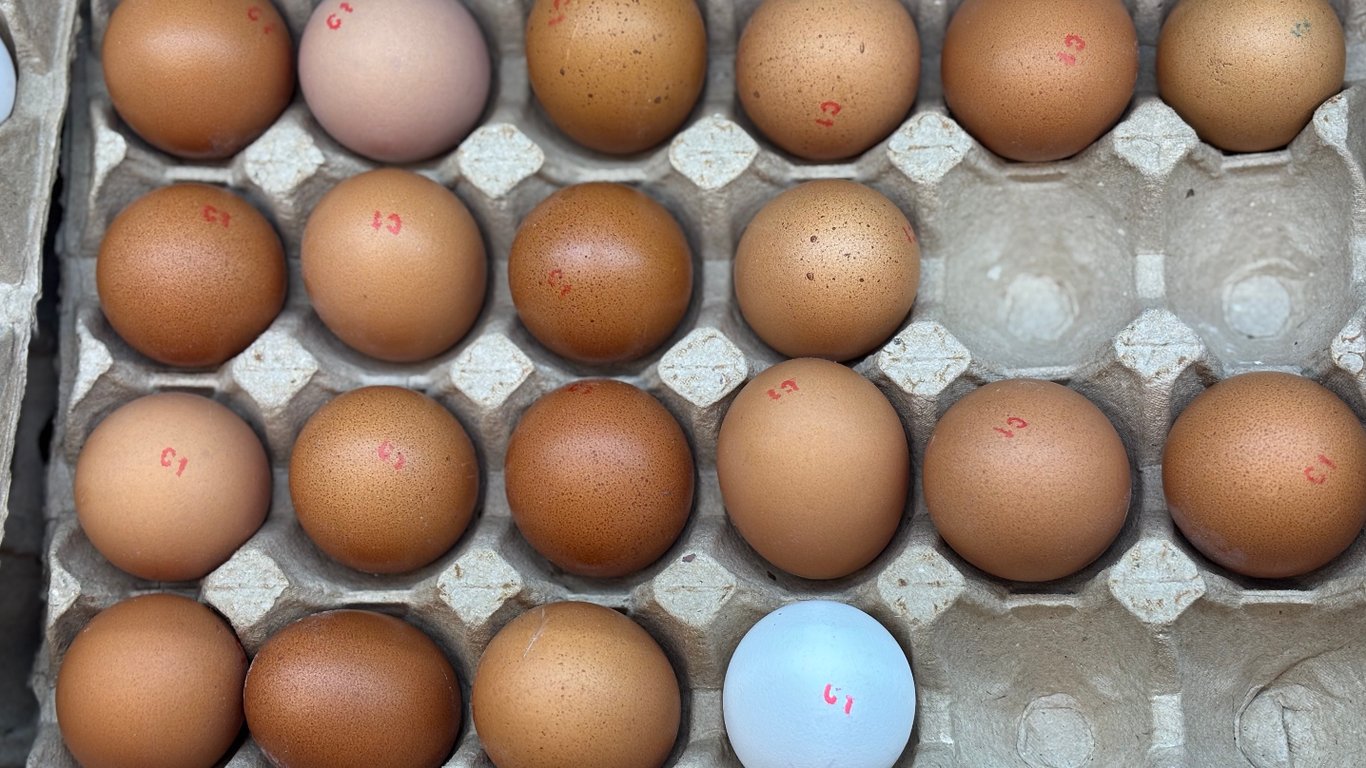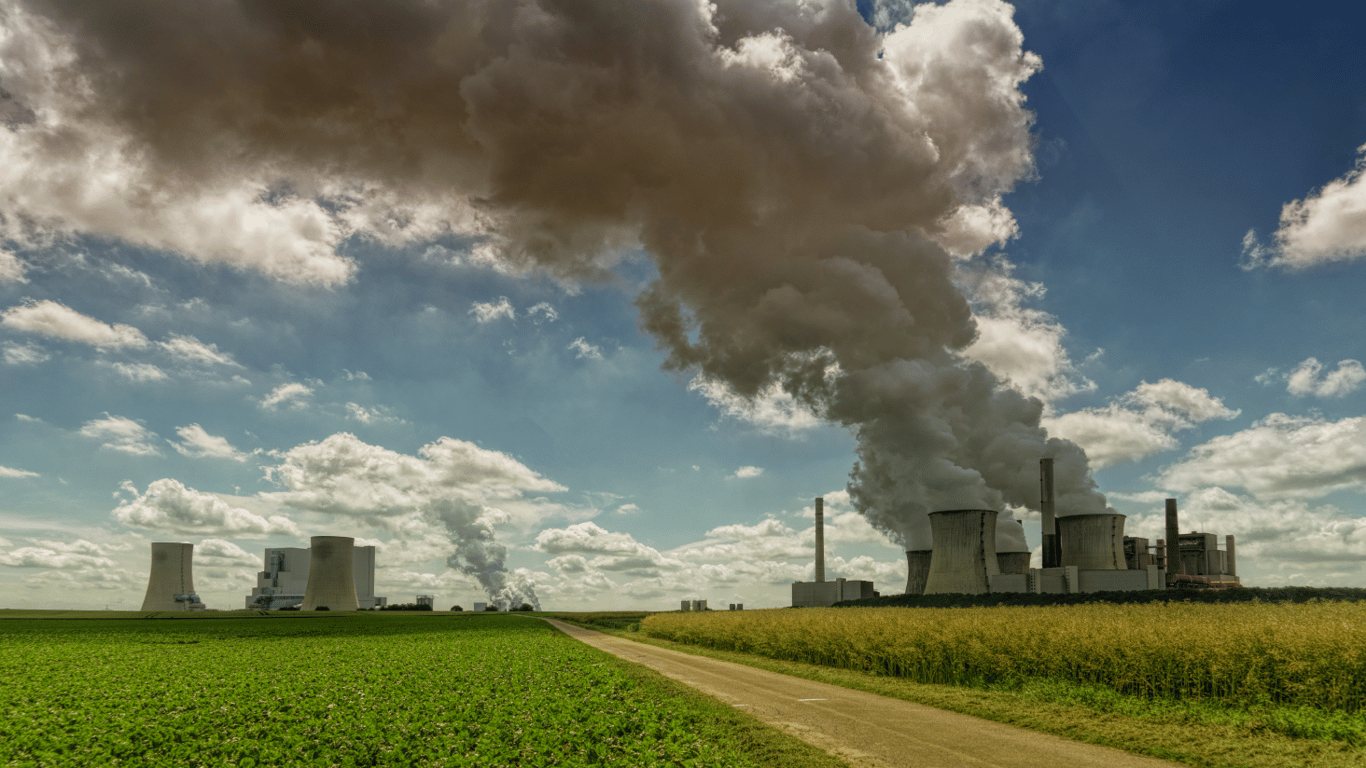In Germany, Gazprom's assets were seized for breach of contracts.


The German company Uniper received compensation from Gazprom
Uniper, which previously supplied Russian gas to Germany and was an investor in the "Nord Stream 2" project, successfully received additional compensation from Gazprom for breaching gas contracts. This information was reported by Reuters, citing a statement from Uniper.
The forced collection of money from Gazprom Export occurred in the first quarter of 2025.
The amount of compensation was not specified by Uniper, but it noted that all received funds will be transferred to the treasury of Germany to cover costs related to Uniper's assistance. Earlier, the German government allocated 13.5 billion euros to rescue the company, which barely avoided bankruptcy in 2022 after the cessation of Russian gas supplies.
In 2022, Uniper filed a lawsuit against Gazprom, demanding compensation for breach of contracts. The arbitration in Stockholm ruled in June 2024 in favor of this lawsuit, obliging Gazprom to pay $14 billion to Uniper. This decision allowed the German company to terminate all contracts with Gazprom and cancel all obligations.
Conclusion of the dispute between Uniper and Gazprom: the importance of contract enforcement
The analysis of the situation shows that, in the world of corporate relations, resolving disputes between companies can be of great significance for the economies of countries. In this particular case, Uniper achieved compensation for contract breaches, leading to serious financial losses for the company. Analyzing such situations can help avoid similar conflicts in the future.
Read also
- Kyivstar has lowered the cost of tariffs for subscribers - who has discounts
- Types of foreign banknotes - which currency Ukrainians find in their wallets
- Last warning - what will change for individual entrepreneurs from August 1
- Ukrainians can access budget eggs - where to save significantly
- eOselya — who cannot qualify for affordable lending
- Koreans will build a waste incineration plant in Odesa - what are the timelines









